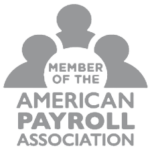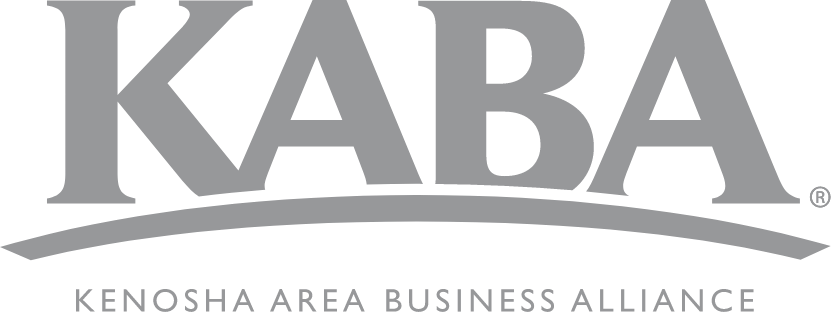Suppose you are new to the church payroll world. In that case, you may not realize that ministers are treated differently than your other church employees. You must understand some basics about paying and taxing ministers so that you don’t inadvertently break the law.
Does the IRS consider them a minister?
First, just because you consider someone a minister doesn’t mean that the IRS considers them a minister. There are specific criteria that someone must fit to be considered a minister. It can also be referred to as a ‘minister for tax purposes.’
- Is the person a duly ordained, commissioned, or licensed* minister?
- Does the person administer ordinances or sacraments (baptism, weddings, the Lord’s Supper)?
- Does the person conduct religious worship (weekly mass)?
- Does the person perform services in the “control, conduct, or maintenance of a religious organization” (does the person have any management responsibilities)?
- Does the church consider the person to be a religious leader?
*The terms ordained, commissioned, or licensed describe the procedures followed by a religious body, such as churches or church denominations, to grant ministerial status to qualified individuals. The IRS does not give this designation; the church denomination does.
Unless your denomination says otherwise, if a person is duly licensed, commissioned, or licensed and has answered yes to at least three of the four other questions above, the person is considered a minister for tax purposes. Moving forward, any time that we say ‘Minister,’ we are referring to a minister for tax purposes.

How is a Minister treated differently?
A few weeks ago, we talked about Payroll Taxes. We learned that employers must withhold social security and Medicare tax from their employee’s paychecks. On a check stub, this usually shows as FICA-SS or FICA-Med. In short, employees have FICA withheld from their pay.
A minister has dual tax status. That means that the minister is considered an employee of the church for payroll purposes but is self-employed for social security and Medicare purposes. This dual status means that Ministers DO NOT have FICA withheld from their pay. Ministers make quarterly estimated payments directly to the IRS to pay their social security and Medicare taxes outside of payroll. This tax is called SECA tax (self-employed contributions act, aka self-employment taxes).
In a nutshell, employees have FICA withheld through payroll; Ministers do not.
Additionally, ministers are exempt from federal income tax withholding. This means that they are not required to have federal income tax withheld from their pay through payroll. However, they are still required to pay federal income tax. Ministers make those payments the same way they do with their SECA tax by making quarterly estimated payments directly to the IRS.
I have heard that some Ministers are ‘Exempt.’ What does that mean?
A minister can claim an exemption from SECA as long as they have not taken a vow of poverty. The minister would complete and file IRS Form 4361, Application for Exemption from Self-Employment Tax, with the IRS. This form states that the minister opposes the acceptance of social security and Medicare benefits and therefore does not want to pay the tax. You are essentially ‘opting out’ of self-employment taxes by completing this form. You will not pay the tax, but you will also not receive any benefits in retirement. Once the IRS has approved this application, you have two years to revoke the application; after that, it is a permanent exemption.
What is voluntary withholding?
A Minister can choose to voluntarily withhold taxes through payroll rather than making the quarterly estimated tax payments themselves. A Minister would complete Federal Form W4 and provide it to their employer with the additional amount they want to withhold each payroll entered in step 4c of the Form W4.
If a minister no longer wants voluntary withholding, they should submit a completed Form W4 to their employer with the word EXEMPT written under the box on Step 4c.
We hope that this helps to clear up any confusion that you have about how to pay a minister. At The Payroll People, we are dedicated to helping our clients understand all aspects of payroll. We would love the opportunity to provide your business or organization with a complimentary payroll quote.



